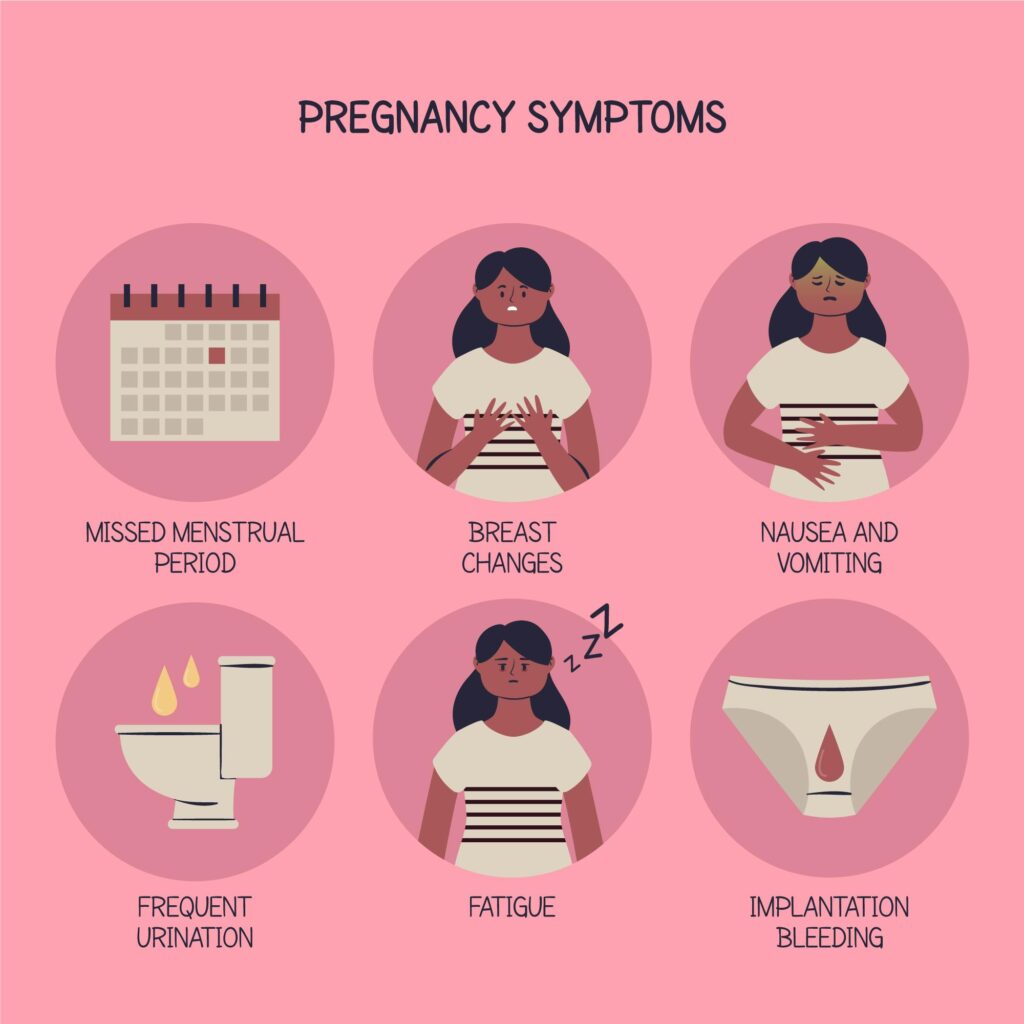
Congratulations! You’re embarking on the incredible journey of motherhood. This exciting time can also come with anxieties, especially for new moms navigating their first pregnancy. Understanding potential risks can help you have a smoother and healthier pregnancy. This article will equip you with information on identifying high-risk pregnancies, the importance of prenatal care, and resources to ensure a happy and healthy experience for both you and your baby.
What is a High-Risk Pregnancy?
A high-risk pregnancy simply means there’s an increased chance of complications for you or your baby. This doesn’t necessarily mean there will be problems, but it signifies the need for closer monitoring and potentially specialized care. Here are some factors that can contribute to a high-risk pregnancy:
- Maternal Age: Being very young (under 18) or older (over 35) during pregnancy can increase the risk of certain complications like preeclampsia (high blood pressure) and gestational diabetes.
- Pre-existing Medical Conditions: Chronic health issues like diabetes, high blood pressure, autoimmune diseases, and blood clotting disorders require careful management during pregnancy.
- Weight: Both underweight (BMI less than 18.5) and overweight/obesity can pose risks for mom and baby.
- Multiple Pregnancy: Carrying twins, triplets, or more babies naturally puts a greater strain on your body, increasing the chances of premature birth and other complications.
- Pregnancy Complications: A history of miscarriage, preterm labor, or birth defects in previous pregnancies might warrant closer monitoring.

Prenatal Care: Your Ally in a Healthy Pregnancy
Prenatal care, the regular checkups with your doctor or midwife throughout pregnancy, is crucial for all expecting mothers, but especially for those with high-risk factors. These visits allow your healthcare provider to:
- Monitor your health and your baby’s development.
- Address any concerns you might have.
- Screen for potential problems like birth defects and chromosomal abnormalities.
- Develop a personalized care plan to manage any pre-existing conditions.
- Discuss healthy lifestyle choices to optimize your pregnancy.
Early and Regular Prenatal Care is Essential
Don’t wait until you feel unwell to schedule your first prenatal appointment. Ideally, aim to see your doctor even before you conceive to discuss any pre-existing conditions, and medications, and optimize your health for pregnancy. During the first trimester, appointments are typically scheduled monthly, becoming more frequent as your due date approaches.
Pregnancy Care Tips for New Moms
Here are some additional tips to navigate a healthy pregnancy, especially if you have a high-risk designation:
- Find a High-Risk Pregnancy Doctor: Discuss your specific needs with your regular doctor and seek a referral to a specialist experienced in high-risk pregnancies if necessary.
- Gather Information: Don’t hesitate to ask questions and voice any concerns you have during your appointments. The more informed you are, the better equipped you’ll be to make informed decisions.
- Maintain a Healthy Lifestyle: Eat a balanced diet rich in fruits, vegetables, and whole grains. Exercise regularly (as cleared by your doctor) and prioritize adequate sleep.
- Manage Stress: Stress can negatively impact your pregnancy. Practice relaxation techniques like yoga or meditation to manage stress levels.
- Build a Support System: Surround yourself with loved ones who can offer emotional and practical support throughout your pregnancy.
Common High-Risk Pregnancy Conditions
While a high-risk pregnancy requires extra monitoring, many conditions can be effectively managed with proper care. Here’s a glimpse into some common concerns:
- Preeclampsia: This condition, characterized by high blood pressure and protein in the urine, typically develops after 20 weeks of pregnancy. It can lead to serious complications for both mother and baby. Regular prenatal visits and early detection are key.
- Gestational Diabetes: This type of diabetes develops during pregnancy, affecting how your body uses blood sugar. Careful monitoring of blood sugar levels and dietary modifications are crucial for managing this condition.
Final Thoughts:
Navigating a high-risk pregnancy can be overwhelming, but with proper prenatal care, support, and resources, you can optimize the chances of a healthy pregnancy and delivery. Remember to prioritize self-care, stay informed, and seek help when needed. Your journey into motherhood is a remarkable adventure filled with love, joy, and countless blessings.
As you embark on this incredible journey, remember that you’re not alone. Together, we can navigate the highs and lows of pregnancy and embrace the miracle of new life.

